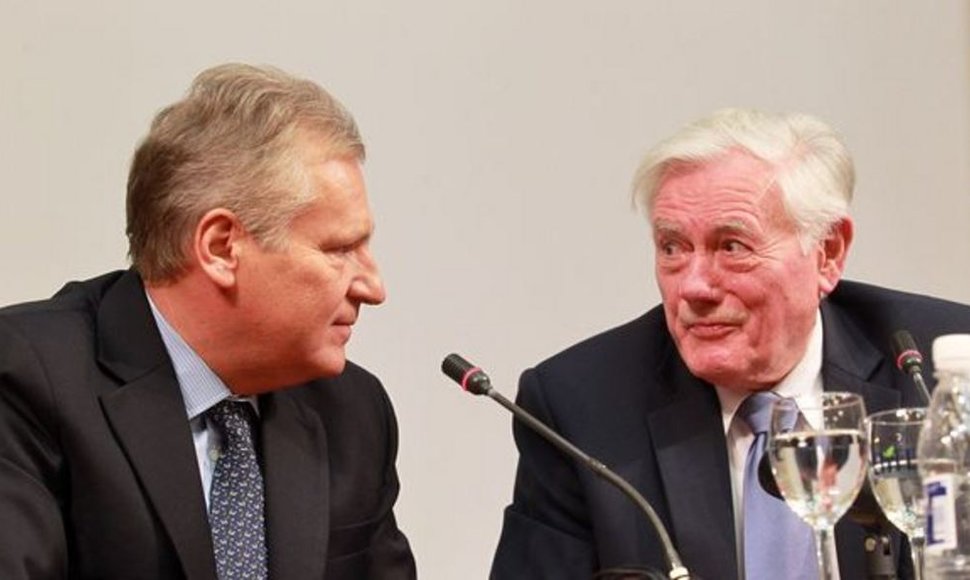"No more monologues, more dialogue (...) and more deep mutual understanding," Kwasniewki said at the Vilnius Book Fair on Saturday.
In his opinion, the fact that both neighboring states hold different opinions on historic matters is not a problem as long as the two nations make efforts to better understand each other's perspective.
"We are both in the EU and NATO now. We are states that can debate everything, including history. Of course, it's okay, it's not a problem. ( ...) The problem is what kind of language we use - will it be the language of hatred or the language of understanding, if it's the situation of dialogue or monologues," Kwasniewski said.
In his words, Poland should understand Lithuania's "sensitivity."
"We need debate, we need respect for our sensitivity, to understand sensitive points on both sides, and understanding from the Polish side, because we are a little bigger, we should be more flexible," the former Polish president said.
His opinion was seconded by Lithuania's former president Valdas Adamkus. In Adamkus' words, Lithuania should also make more efforts to seek mutual understanding.
"The dialogue is underway, of course, now it is probably slightly weaker than what we had developed over a decade ago and, possibly, more efforts should be made on our side to seek a consensus on shared matters," Adamkus told journalists after the two president's discussion at Vilnius Book Fair.
He said he consciously avoided touching questions Polish national minority education in his discussion with Kwasniewski, as these issues have been lately causing disputes between Lithuanian and Polish politicians. Adamkus said the issue should be left to specialists, not "concerned political groups."
"These are very small local groups of politicians, taking positions that cause tension. (…) Teachers and the young people themselves do not reject the proposals and do not see any problems with them," the ex-president noted. Lithuanian-Polish relations have lately been marred educational reforms in Lithuania's Polish schools, seeking to increase the number of classes taught in Lithuanian.
Former Polish leader and Lithuania's ex-president met in Litexpo exhibition centre Saturday afternoon, to discuss the presidential profession and share their experiences after leaving the office.












